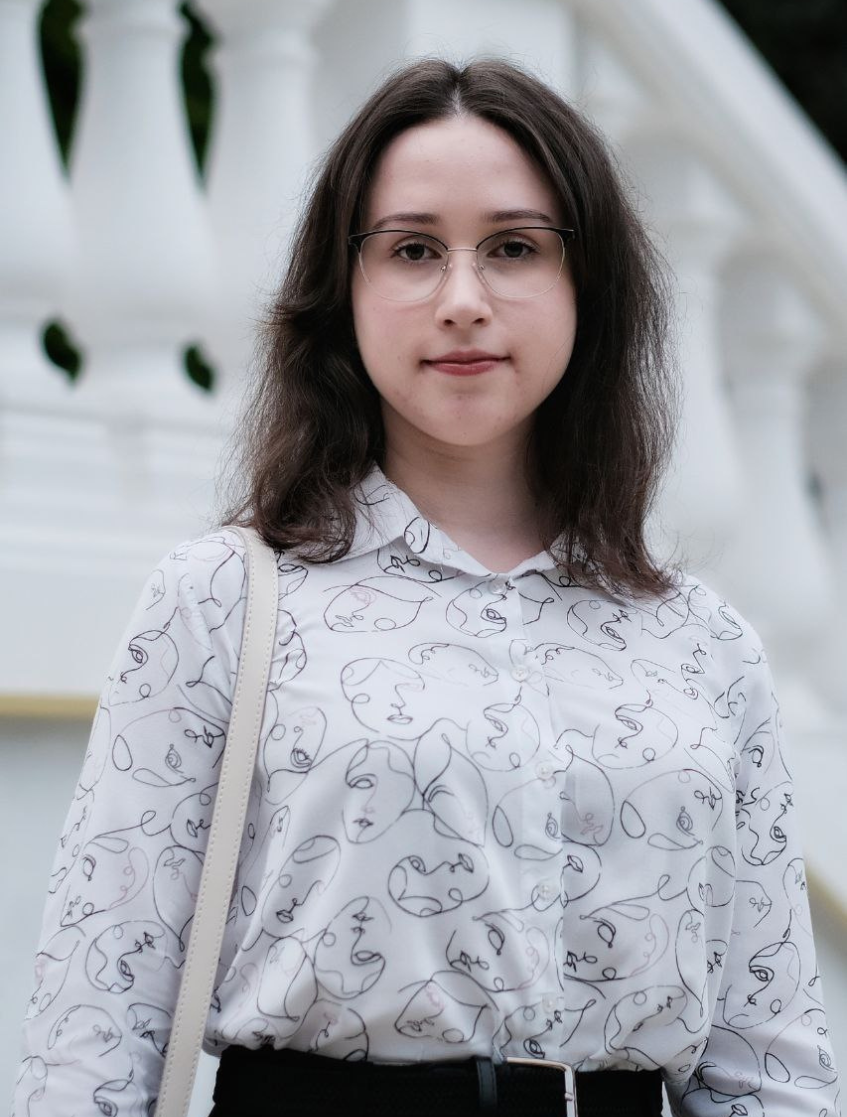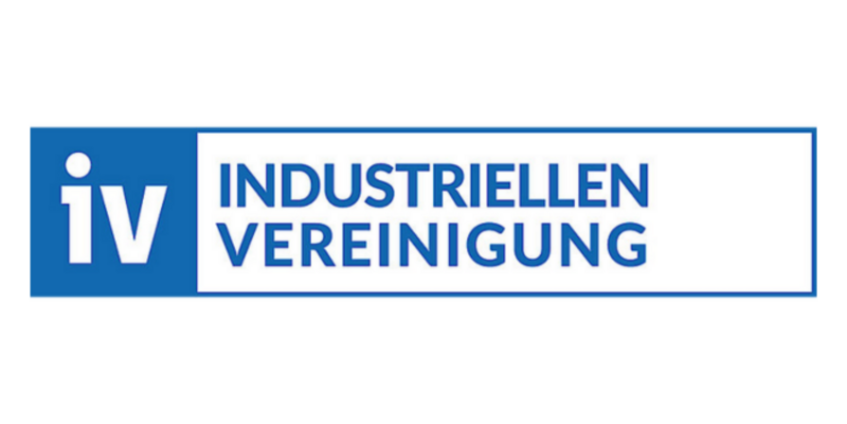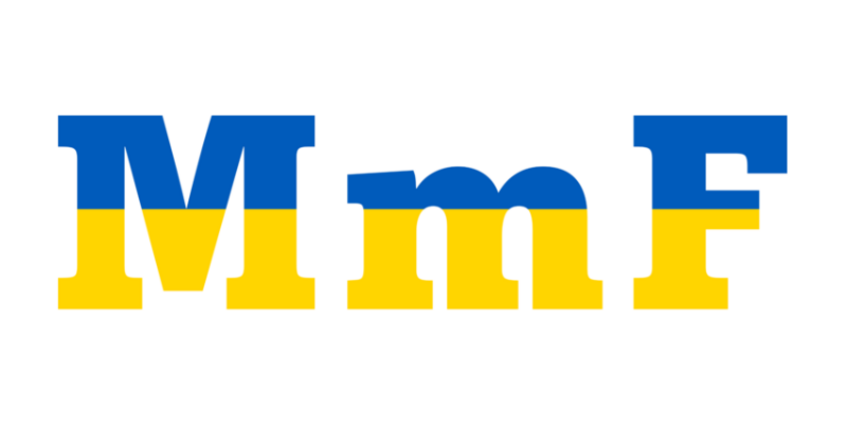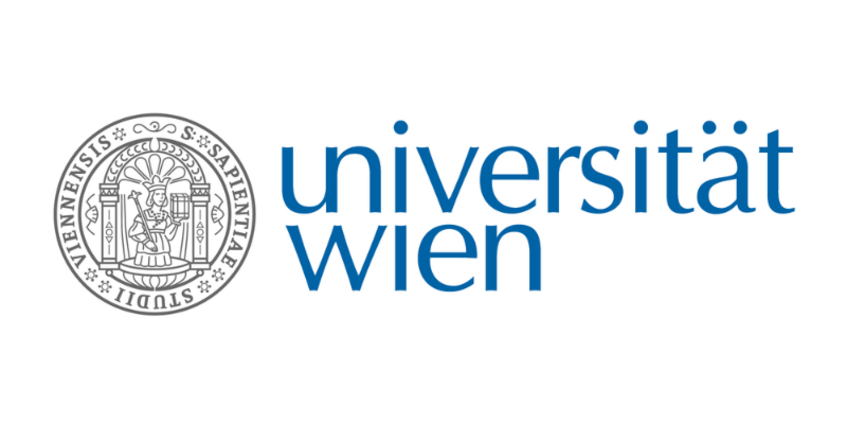Python Programming with Applications in Astronomy
Summer Course for High School Students in Vienna
Have you ever wondered how today's astronomy differs from that of 100 years ago, and what computer science has to do with it? Are you fascinated by the mysteries of the universe but also want to acquire practical programming skills? Then we invite you to our interdisciplinary course Python Programming with Applications in Astronomy!
In this course, you will learn the basics of the Python programming language and discover how to use it to explore phenomena in the universe. From creating your own computer simulations of a stellar system to discovering exoplanets through observational data - we offer you the opportunity to not only learn new things about our universe but also gain valuable programming experience by working on exciting projects.
The course will take place in Vienna and is provided free of charge to the participants.
Upon successful completion of the course, participants will receive a certificate of attendance.
INFORMATION
- Dates: 19 - 30 August 2024 (Mon - Fri)
- Time: 10:00 - 13:30
- City: Vienna
- Address: Neue Institutsgebäude, Universitätsstraße 7, 1010 Wien | Erdgeschoss, Class Room 1
- Target audience: High school students (Sekundarstufe 2)
- Language of instruction: English (with German as an additional language)
Topics overview
Prior knowledge: No prior knowledge of astrophysics or advanced programming skills are required - we will guide you through the fundamentals of Python and show you how you can apply them in astronomy.
However, we recommend having at least a minimal understanding of any programming language to better grasp the fundamental concepts.
PROGRAMMING
- Introduction to Python
- Variables, data types
- Sets, lists, tuples, dictionaries
- Branching, loops
- Functions
- Python libraries
- NumPy
- SciPy
- Matplotlib
- Pandas
- AstroPy
- Machine Learning and its role in modern Astrophysics
ASTRONOMY AND ASTROPHYSICS
- Simulation of Solar system
- Basic laws of movement of celestial bodies
- Habitable zone
- Exoplanets
- Determining parameters of exoplanets based on light curves of their stars
- Cosmology, Hubble’s law
- Star characteristics, Hertzsprung–Russell diagram
Location
The course takes place at the
Faculty of Mathematics
of the University of Vienna
Adress: Oskar-Morgenstern-Platz 1, 1090 Wien
Instructor

Iryna Hontsovska
Iryna Hontsovska was born in 2005 in Lviv, Ukraine. From an early age she's had a keen interest in exact and natural sciences, therefore, after 7th grade she was accepted to the Lviv Physics and Mathematics Lyceum, from which she successfully graduated in 2022 with a GPA of 11.4/12.
While at the Lyceum, Iryna successfully participated in various Olympiads in mathematics, physics, astronomy etc., including the International Olympiad on Astronomy and Astrophysics, where she won silver and bronze medals in 2021 and 2022, respectively.
After the escalation of the Russian war against Ukraine, Iryna moved to Austria, where she completed the University Preparation Programme of the Vienna Universities and was accepted to the Vienna University of Technology. Following her passion for problem solving, she is currently pursuing a Bachelor’s degree in Computer Science.
In April 2024 Iryna received IV-STEM Scholarship 2024 for High Potentials from Ukraine.
Contact:
If you have any questions, please contact us at the following email addresses:
- Iryna Hontsovska (instructor): iryna.hontsovska@gmail.com
- Dmytro Rzhemovskyi (project coordinator): dmytro.rzhemovskyi@univie.ac.at
Support



